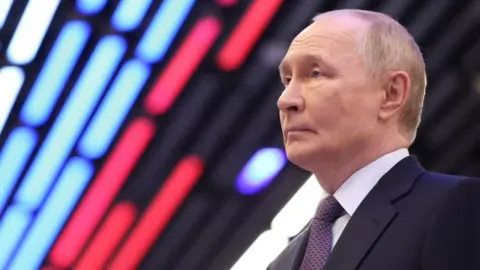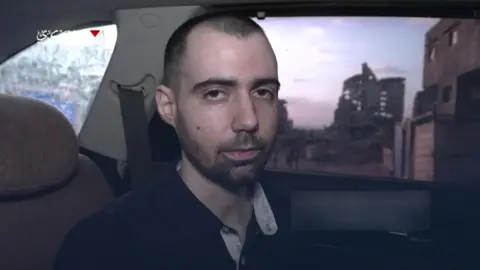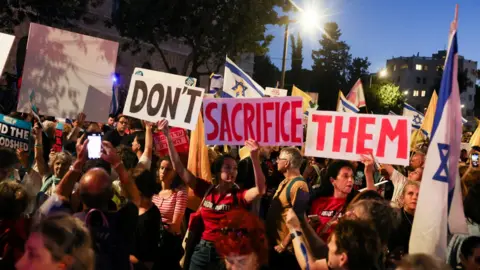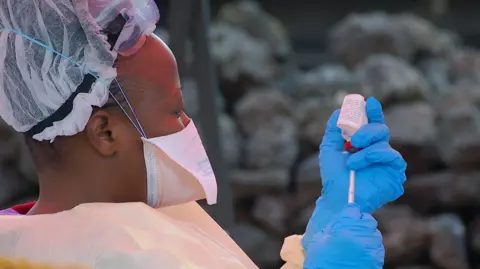Former president of the Democratic Republic of Congo, Joseph Kabila, is now on trial facing charges of treason and murder in a military court in Kinshasa. Kabila, who has been accused by current president Félix Tshisekedi of orchestrating a rebellion through support for the M23 insurgents, has denied these accusations and boycotted the hearings. The M23 rebels are currently active in the mineral-rich eastern regions of the country. Kabila condemned the proceedings as "arbitrary," claiming the judiciary is being misused to suppress dissent.
In a recent development, a ceasefire agreement was reached between the government and M23, but hostilities have persisted in some areas. Kabila had resided in self-imposed exile in South Africa for two years until returning to the rebel-held city of Goma last May. His immunity as a senator was revoked earlier this year to facilitate prosecution. Relying on allegations from the UN and Western nations that Rwanda is backing the M23, the Kabila camp has emphasized the external factors influencing the conflict, despite Rwandan authorities refuting these claims.
Kabila, who governed for 18 years following the assassination of his father Laurent in 2001, fell out with Tshisekedi after transferring power in the wake of a controversial electoral process in 2019. In remarks made in a previously posted video, Kabila criticized the current administration as a "dictatorship," leading to swift rebuttal from government spokesperson Patrick Muyaya, who claimed Kabila had little to contribute to the nation.
As the trial unfolds, Kabila's supporters, including his ally Ferdinand Kambere, have labeled the government's actions as hypocritical, suggesting that the peace efforts made with M23 were in stark contrast to the severity of the charges levied against Kabila. This verdict could potentially reshape the political landscape in the DR Congo as the nation grapples with ongoing conflict and political strife.
For additional coverage and analysis, follow BBC Africa’s comprehensive updates and insights on the matter.
In a recent development, a ceasefire agreement was reached between the government and M23, but hostilities have persisted in some areas. Kabila had resided in self-imposed exile in South Africa for two years until returning to the rebel-held city of Goma last May. His immunity as a senator was revoked earlier this year to facilitate prosecution. Relying on allegations from the UN and Western nations that Rwanda is backing the M23, the Kabila camp has emphasized the external factors influencing the conflict, despite Rwandan authorities refuting these claims.
Kabila, who governed for 18 years following the assassination of his father Laurent in 2001, fell out with Tshisekedi after transferring power in the wake of a controversial electoral process in 2019. In remarks made in a previously posted video, Kabila criticized the current administration as a "dictatorship," leading to swift rebuttal from government spokesperson Patrick Muyaya, who claimed Kabila had little to contribute to the nation.
As the trial unfolds, Kabila's supporters, including his ally Ferdinand Kambere, have labeled the government's actions as hypocritical, suggesting that the peace efforts made with M23 were in stark contrast to the severity of the charges levied against Kabila. This verdict could potentially reshape the political landscape in the DR Congo as the nation grapples with ongoing conflict and political strife.
For additional coverage and analysis, follow BBC Africa’s comprehensive updates and insights on the matter.




















